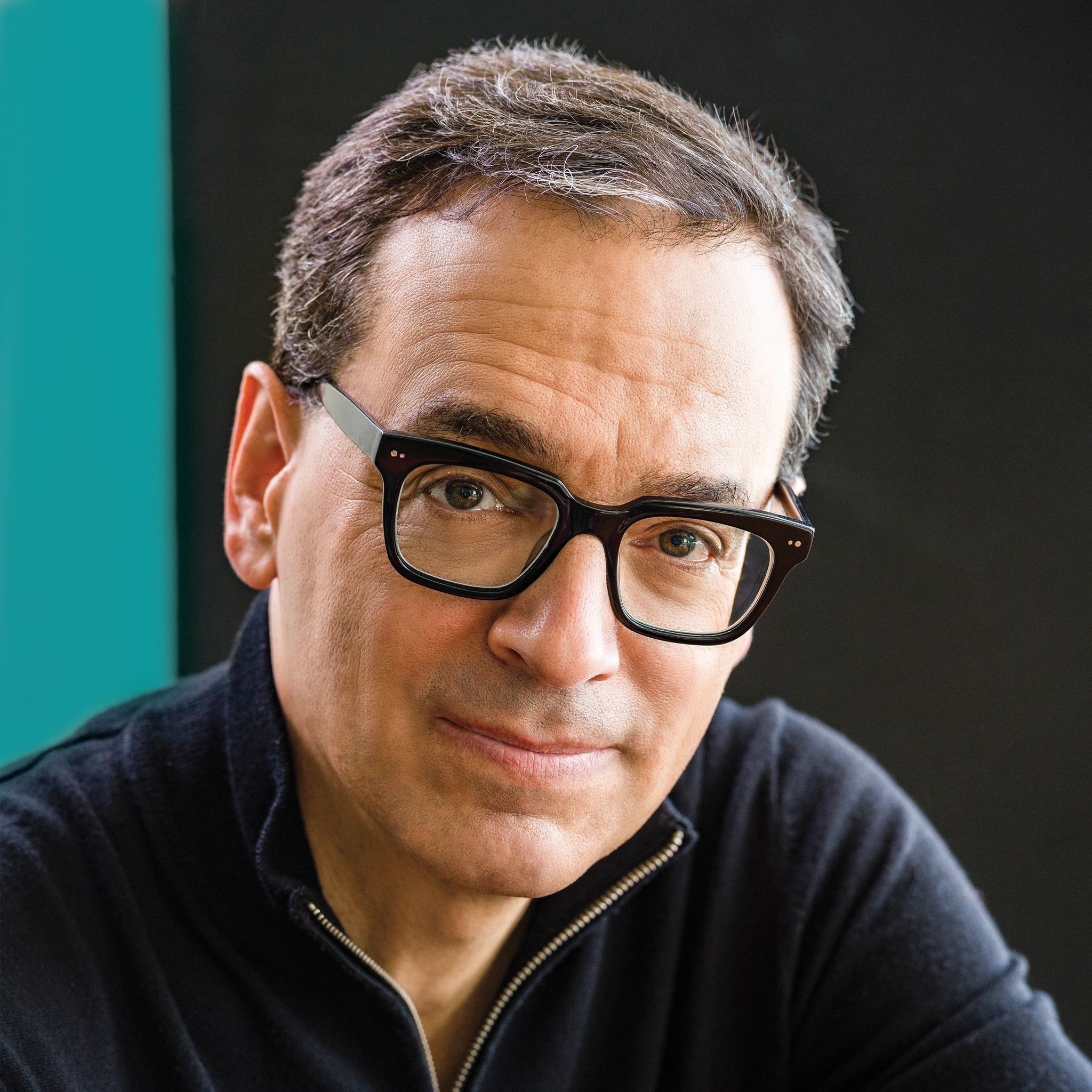 author
authorDiscover the Best Books Written by Jorge Luis Borges
Jorge Francisco Isidoro Luis Borges Acevedo was an Argentine short-story writer, essayist, poet, translator, and key figure in Spanish-language and international literature. His best-known books, Ficciones (Fictions) and El Aleph (The Aleph), published in the 1940s, are collections of short stories exploring themes of dreams, labyrinths, chance, infinity, archives, mirrors, fictional writers, and mythology.
Borges' works have contributed to philosophical literature and the fantasy genre and majorly influenced the magic realist movement in 20th-century Latin American literature. Born in Buenos Aires, Borges later moved with his family to Switzerland in 1914, where he studied at the Collège de Genève. The family traveled widely in Europe, including Spain. On his return to Argentina in 1921, Borges began publishing his poems and essays in surrealist literary journals.
He also worked as a librarian and public lecturer. In 1955, he was appointed director of the National Public Library and professor of English Literature at the University of Buenos Aires. He became completely blind by the age of 55. Scholars have suggested that his progressive blindness helped him to create innovative literary symbols through imagination. By the 1960s, his work was translated and published widely in the United States and Europe. Borges himself was fluent in several languages.
In 1961, he came to international attention when he received the first Formentor Prize, which he shared with Samuel Beckett. In 1971, he won the Jerusalem Prize. His international reputation was consolidated in the 1960s, aided by his works available in English, the Latin American Boom, and the success of García Márquez's One Hundred Years of Solitude. He dedicated his final work, The Conspirators, to the city of Geneva, Switzerland.
Writer and essayist J. M. Coetzee said of him: "He, more than anyone, renovated the language of fiction and thus opened the way to a remarkable generation of Spanish-American novelists." Jorge Francisco Isidoro Luis Borges Acevedo was born into an educated middle-class family on 24 August 1899. They were in comfortable circumstances but not wealthy enough to live in downtown Buenos Aires, so the family resided in Palermo, then a poorer neighborhood.
Borges's mother, Leonor Acevedo Suárez, came from a traditional Uruguayan criollo (Spanish) family. Her family had been much involved in the European settling of South America and the Argentine War of Independence, and she often spoke of their heroic actions. His 1939 book, Cuaderno San Martín, includes the poem "Isidoro Acevedo," commemorating his grandfather, Isidoro de Acevedo Laprida, a soldier of the Buenos Aires Army.
A descendant of the Argentine lawyer and politician Francisco Narciso de Laprida, Acevedo Laprida fought in the battles of Cepeda in 1859, Pavón in 1861, and Los Corrales in 1880. Acevedo Laprida died of pulmonary congestion in the house where his grandson Jorge Luis Borges was born. According to a study by Antonio Andrade, Jorge Luis Borges had Portuguese ancestry: Borges's great-grandfather, Francisco, was born in Portugal in 1770 and lived in Torre de Moncorvo, in the North of the country before he emigrated to Argentina, where he married Cármen Lafinur.
Borges's own father, Jorge Guillermo Borges Haslam, was a lawyer and wrote the novel El caudillo in 1921. Borges Haslam was born in Entre Ríos of Spanish, Portuguese, and English descent, the son of Francisco Borges Lafinur, a colonel, and Frances Ann Haslam, an Englishwoman. Borges Haslam grew up speaking English at home. The family frequently traveled to Europe. Borges Haslam wed Leonor Acevedo Suárez in 1898, and their offspring also included the painter Norah Borges, sister of Jorge Luis Borges.
At age of ten, Jorge Luis Borges translated Oscar Wilde's The Happy Prince into Spanish. It was published in a local journal, but Borges's friends thought the real author was his father.[10] Borges Haslam was a lawyer and psychology teacher who harbored literary aspirations. Borges said his father "tried to become a writer and failed in the attempt," despite the 1921 opus El caudillo. Jorge Luis Borges wrote, "as most of my people had been soldiers and I knew I would never be, I felt ashamed, quite early, to be a bookish kind of person and not a man of action."
Best author’s book
























